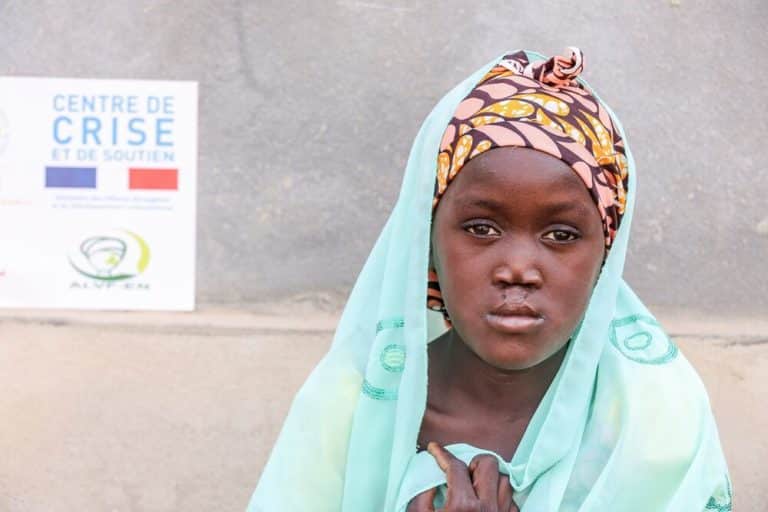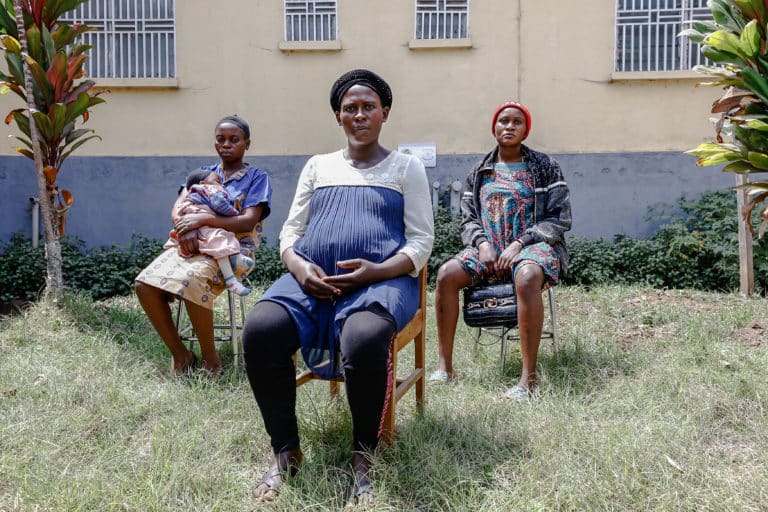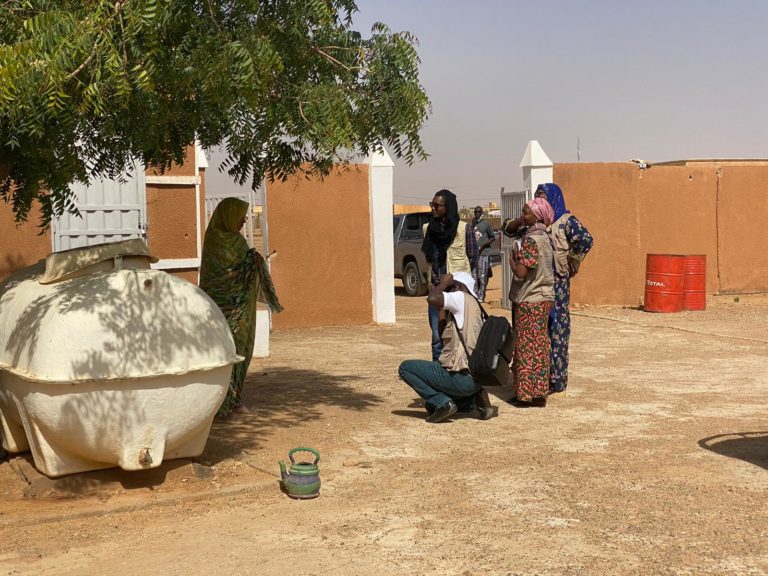Food insecurity and malnutrition projections for the next few years in the Sahel are increasingly worrying, and the number of children in need of care for malnutrition is growing every year. In 2022, ALIMA teams treated more than 150,000 children under the age of five suffering from severe acute malnutrition, the most life-threatening form of malnutrition. That was 50,000 more children than in 2021.
ALIMA, its humanitarian peers, and the United Nations, are concerned about the increase in malnutrition-related deaths among children, despite the fact that this disease is preventable and treatable. It is estimated that only 20% of children in need of care actually receive it.
In July 2022, the United States (through governments, philanthropic organizations and private donors) pledged approximately $577 million to address the nutrition crisis in the region and help prevent malnutrition in the long term.
Solutions exist to improve the prevention, early detection and treatment of acute malnutrition in children. Various organizations have developed and tested simplified approaches to the treatment of acute malnutrition, and clinical and operational trials have already shown that these approaches are more efficient and would result in many more children being treated.
In an open letter to USAID Administrator, Samantha Power, 13 humanitarian organizations, including ALIMA, commend the agency’s investment in the fight against malnutrition and propose five concrete steps to bring an end to malnutrition. At the heart of these measures, these organizations advocate that simplified approaches to treating acute malnutrition should be integrated into the health systems of the countries affected by this crisis.
Since 2017, ALIMA has launched its simplified approach: OptiMA (Optimizing the Management of Acute Malnutrition), a true innovation that aims to detect and treat acutely malnourished children at an early stage, in a more efficient manner, and by putting communities at the heart of the solution.
There are solutions to ensure that all children have access to life-saving care.
There are solutions to save more lives.
Cover photo : © Coras Portais/ALIMA



